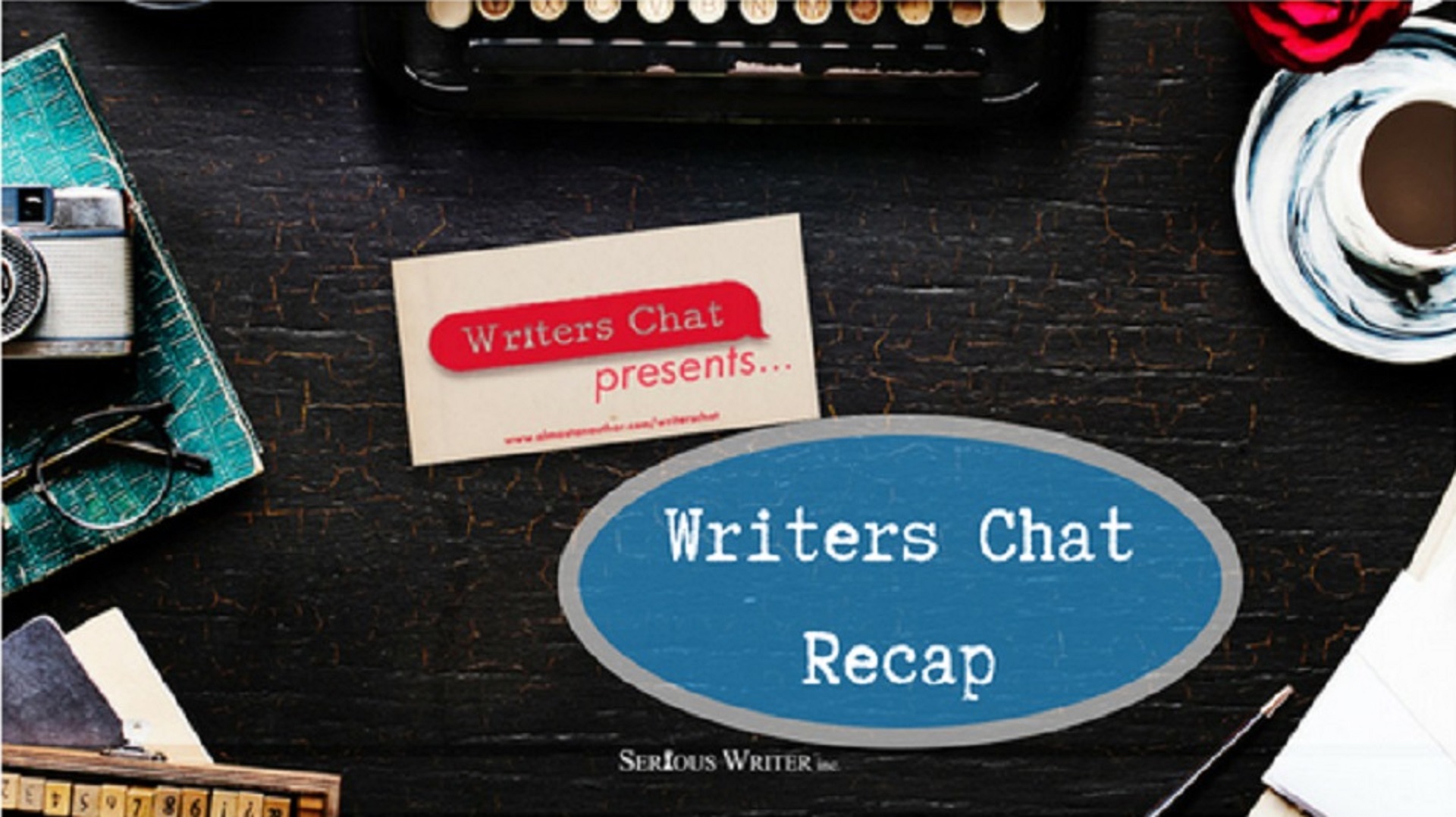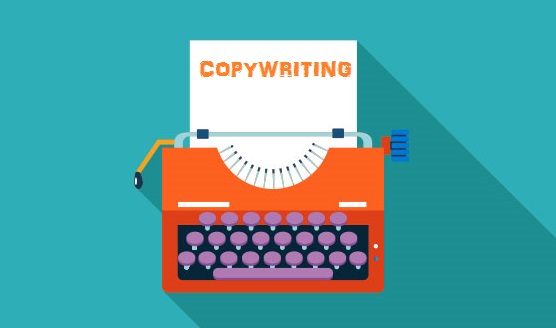
Creative Roadmap for Aspiring Authors: Practical Tips for Crafting and Funding Your Writing Journey
While many might try to dissuade you from embarking on a journey to becoming an author, sticking with it…
February 13, 2025
While many might try to dissuade you from embarking on a journey to becoming an author, sticking with it…
February 13, 2025
Landing your first professional writing gig can feel like an uphill task if you’re an aspiring author. Things can…
October 15, 2024
Writing can feel like a solitary career at times. After all, it’s just you, the keyboard, and your ideas…
July 16, 2024
Medical scenes can be a great way to explore the natural drama of life. These types of events frequently…
April 14, 2024
As a writer, it’s always important to recognize your value. This isn’t just about appreciating your level of talent.…
February 14, 2024
Freelancing as a writer can be deeply rewarding. You’re getting paid to show off your wordsmithing skills and can…
October 14, 2023
Freelancing as a writer can be deeply rewarding. You’re getting paid to show off your wordsmithing skills and can…
September 14, 2023Artificial intelligence (AI) has changed the writing world forever. In the past year, AI has transformed from a niche…
August 14, 2023
The advent of eReaders and the rise of social media means that, as an eBook writer, you can reach…
July 15, 2023
If you’re feeling uninspired and like nothing you write seems good anymore, you likely got a case of writer’s…
May 14, 2023
Making it as an author has changed dramatically in the digital age. Today, building your personal brand online is…
April 14, 2023
The gig economy has been steadily growing in the U.S. for the past five years. Over 73 million Americans…
March 14, 2023
Copywriting has changed a lot in the past decade. Instead of writing for print media, most copywriters now work…
February 14, 2023
No matter how long you’ve been writing, you know that your “finished” copy is really nowhere near complete. Once…
January 14, 2023Being a freelance writer today often means seeking a range of creative opportunities. There are certainly few writers today…
September 14, 2022
These days, there are numerous opportunities to get a decent project for freelance writers. Such platforms like Upwork, Fiverr,…
August 31, 2022
Freelance writing isn’t always the easiest way to make a living. Moving from project to project demands concentration, adaptability,…
October 9, 2021
So, you want to learn how to be a freelance writer? Freelancing is a great option to keep yourself…
September 5, 2021
I have a good friend who often says, “I’m going to be gone this week to a “write away.”…
October 14, 2020
Many writers assume that the value of their article is the payment they receive for writing it. The opposite…
September 14, 2020
Like delicious desserts, dialog is often a reader’s favorite part of a story. We quote great dialog for generations.…
February 14, 2020
We came. We pitched. Did we send? Writer’s conferences are well-planned days of speakers, workshops, and opportunities. After pitching…
December 14, 2019
Writers Chat, hosted by Jean Wise, Johnnie Alexander, and Bethany Jett, is the show where we talk about all…
January 31, 2019
Ever been so inundated with projects you didn’t know where to start? I encourage you to FOCUS and take…
July 11, 2018
You will go out and leap like calves released from their stalls. – Malachi 4:2 Speaking of vulnerability, I’m about to…
July 25, 2017